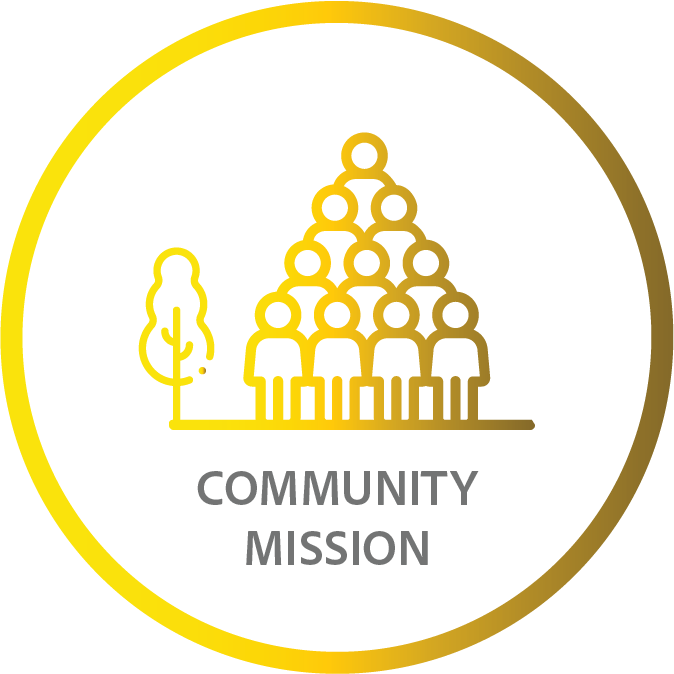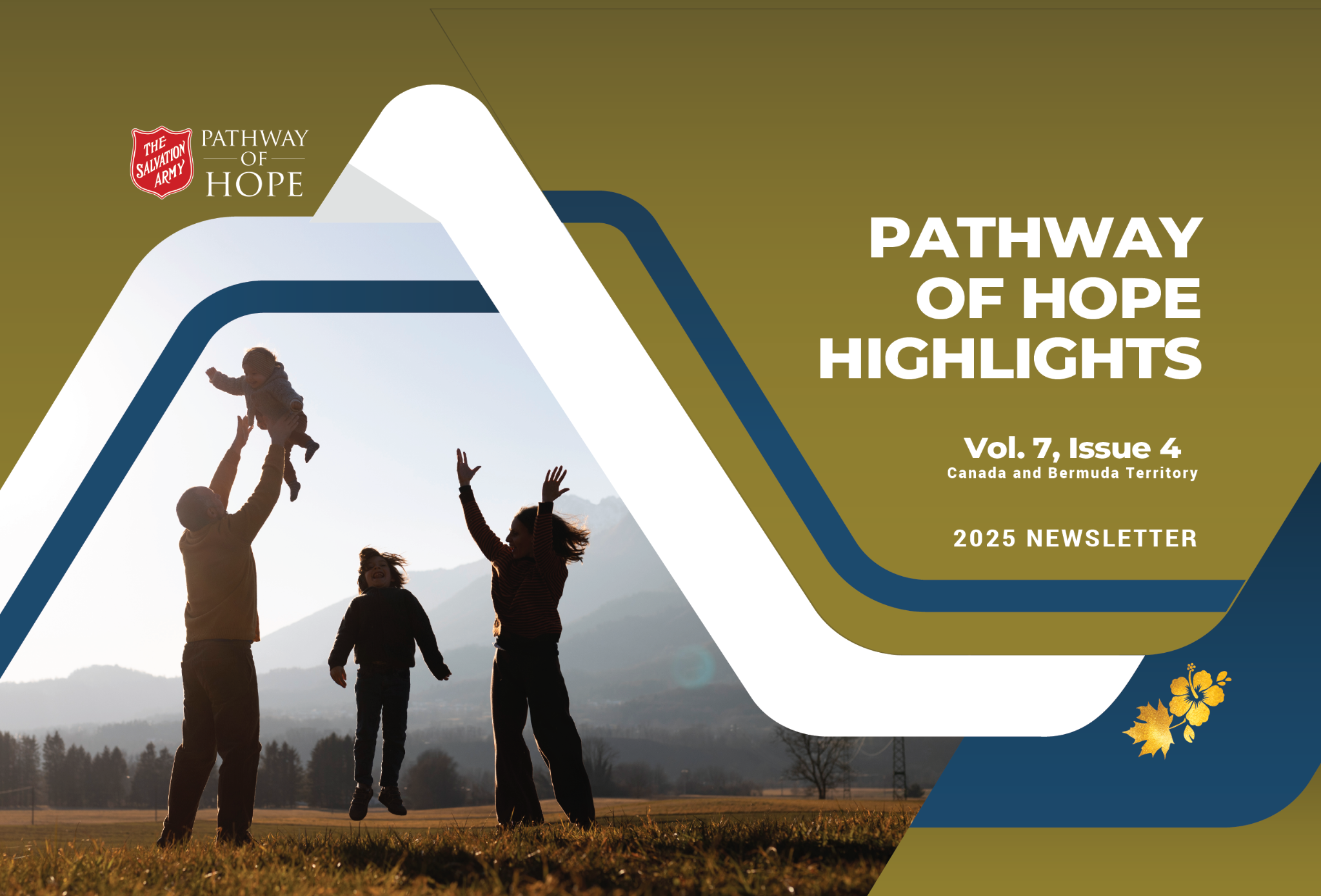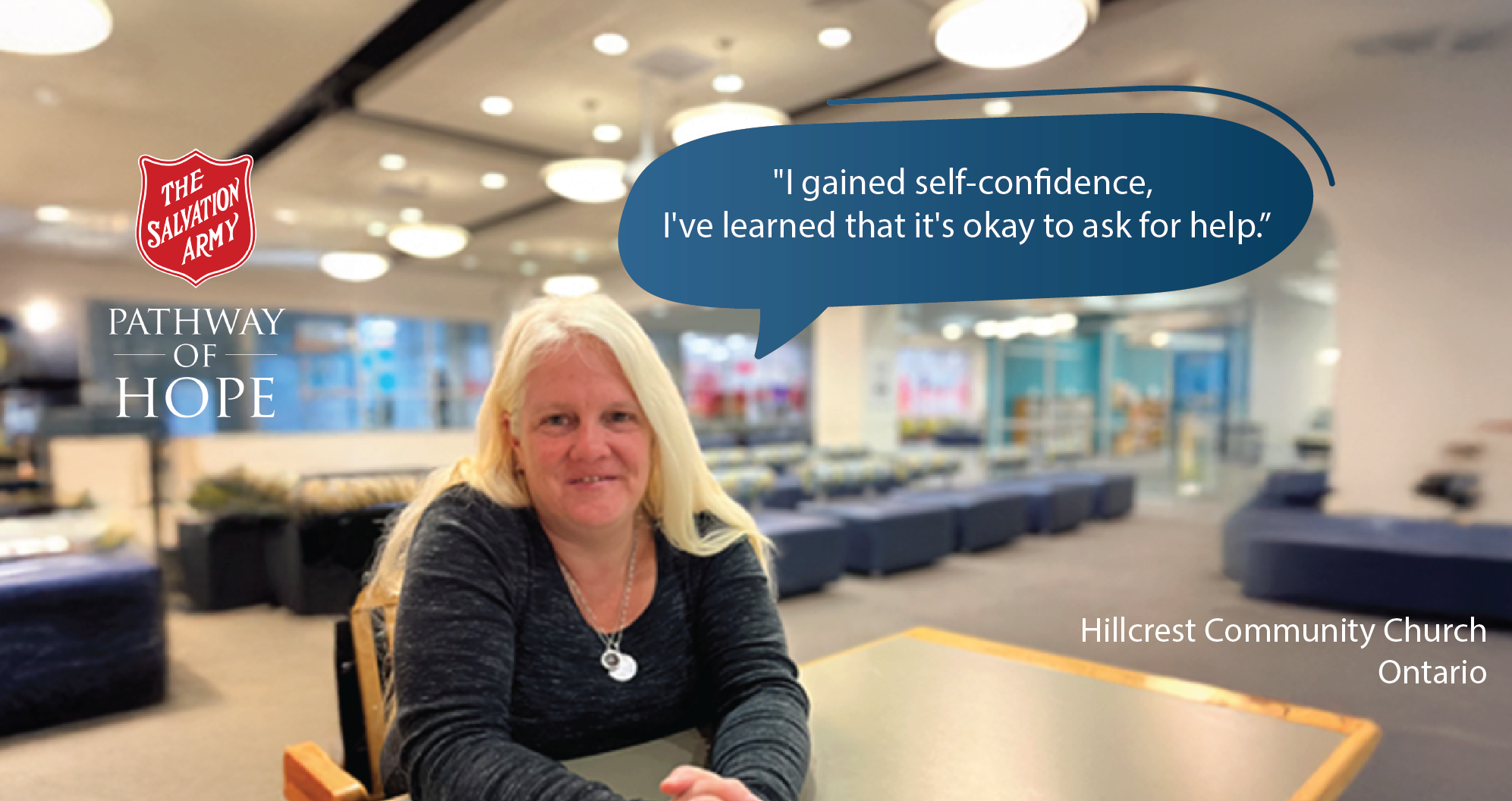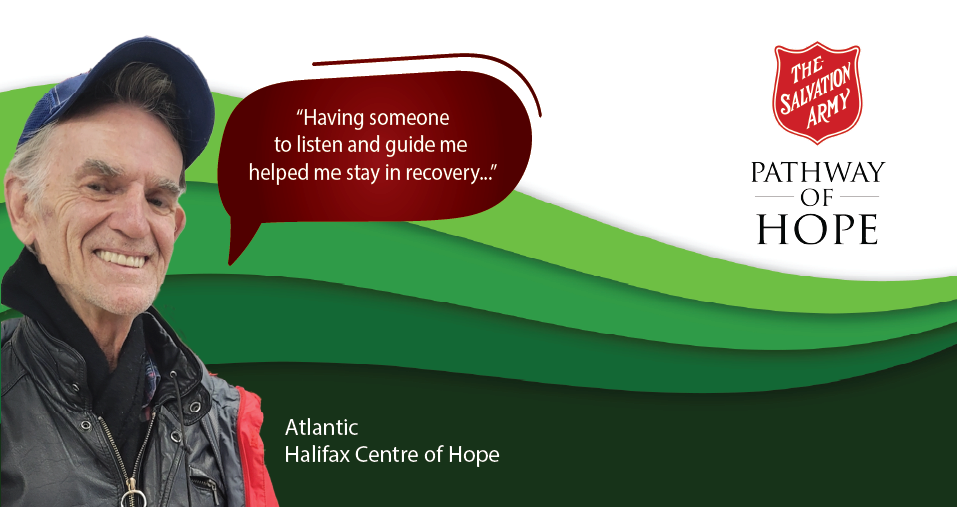Pathway of Hope provides intensive case management to individuals and families who have a desire to take action to break the cycle of crisis while intentionally surrounding the family with spiritual care for access to spiritual growth and development.

1. Strengths-based perspective
The strengths-based approach focuses on possibilities rather than problems and strives to identify and develop strengths to assist participants in reaching their goals and dreams. It is a move away from defining people by their deficits or problems, to viewing people through the eyes of their strengths (Saleebey, 2002; Brun and Rapp, 2001; and Weick et al. 1989). The strengths perspective is rooted in the value that all people have worth, and hold untapped possibility for growth (Weick et al. 1989).
“Do not be fooled by the simplicity of the strengths perspective; it has transformational potential. Indeed, if all of its tenets were adopted and put into practice, we would be living in a different world. … The strengths perspective has been quietly fostering a small revolution in which the hegemony of deficit explanations is beginning to weaken, belief in resilience is rebounding, and collaborative practice is growing.”
- Stan Witkin (2002)
2. Transtheoretical Model of Behavioural Change (Stages of Change)
The stages of change model illustrates how behaviour change does not happen in one step, but rather that people tend to progress through a series of stages on their way to making successful change happen. Each person will move through the stages at his or her own rate, and this is impacted by both internal and external factors. The model presents how an individual must be ready and have a desire to see change for an effective change process to take place.
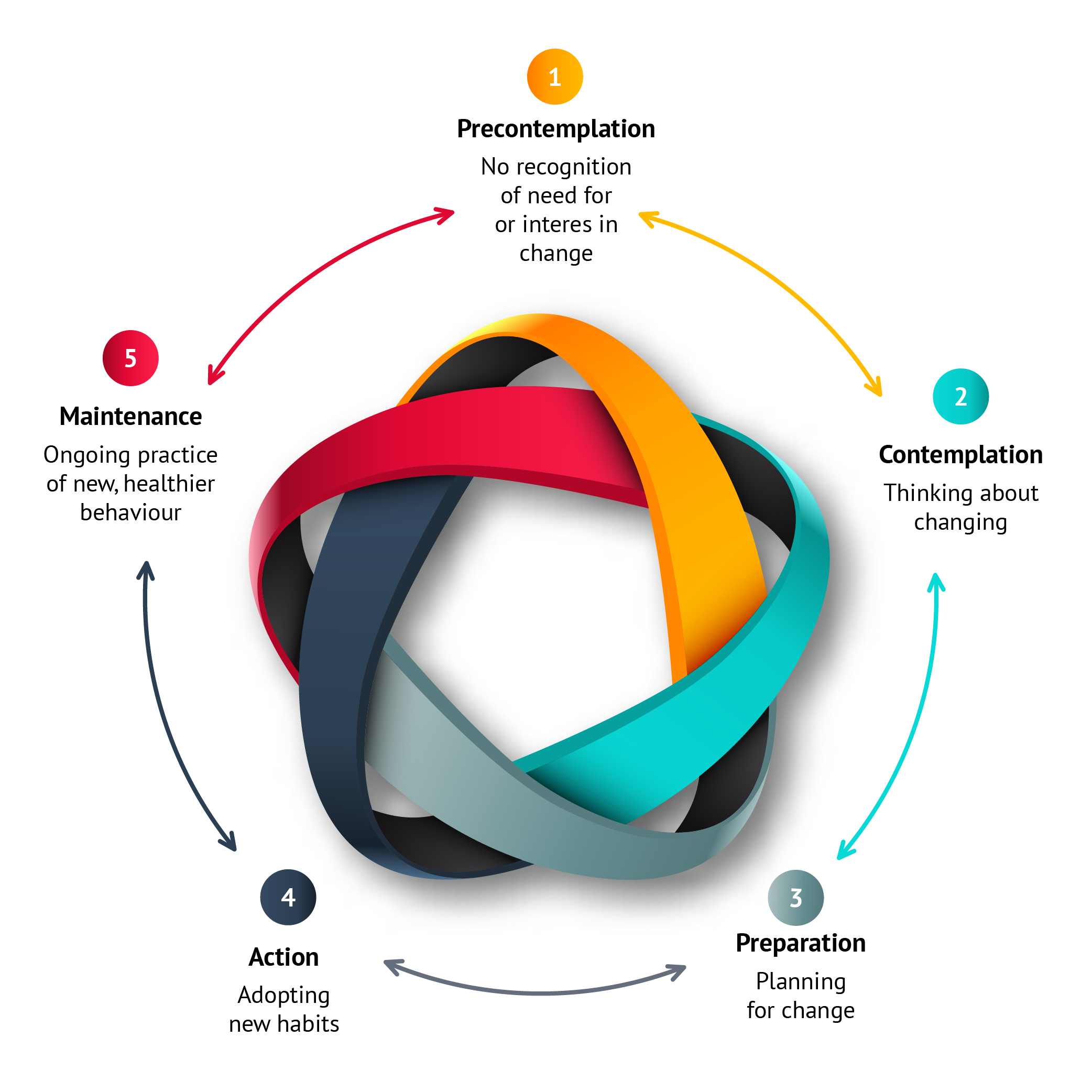
3. Hope and spirituality
Hope can be understood to be that element of confident expectation of a future outcome. Hope has been identified as a critical component of the therapeutic, helping relationship. Hope is at the centre of strengthening the therapeutic alliance, commitment to engaging in therapy, as well as a necessary resource for completing the change process (Frank, 1973; Menninger, 1959; and Stotland, 1969). Engendering hope may assist a participant to progress in the stages of change on their way to a better future.
